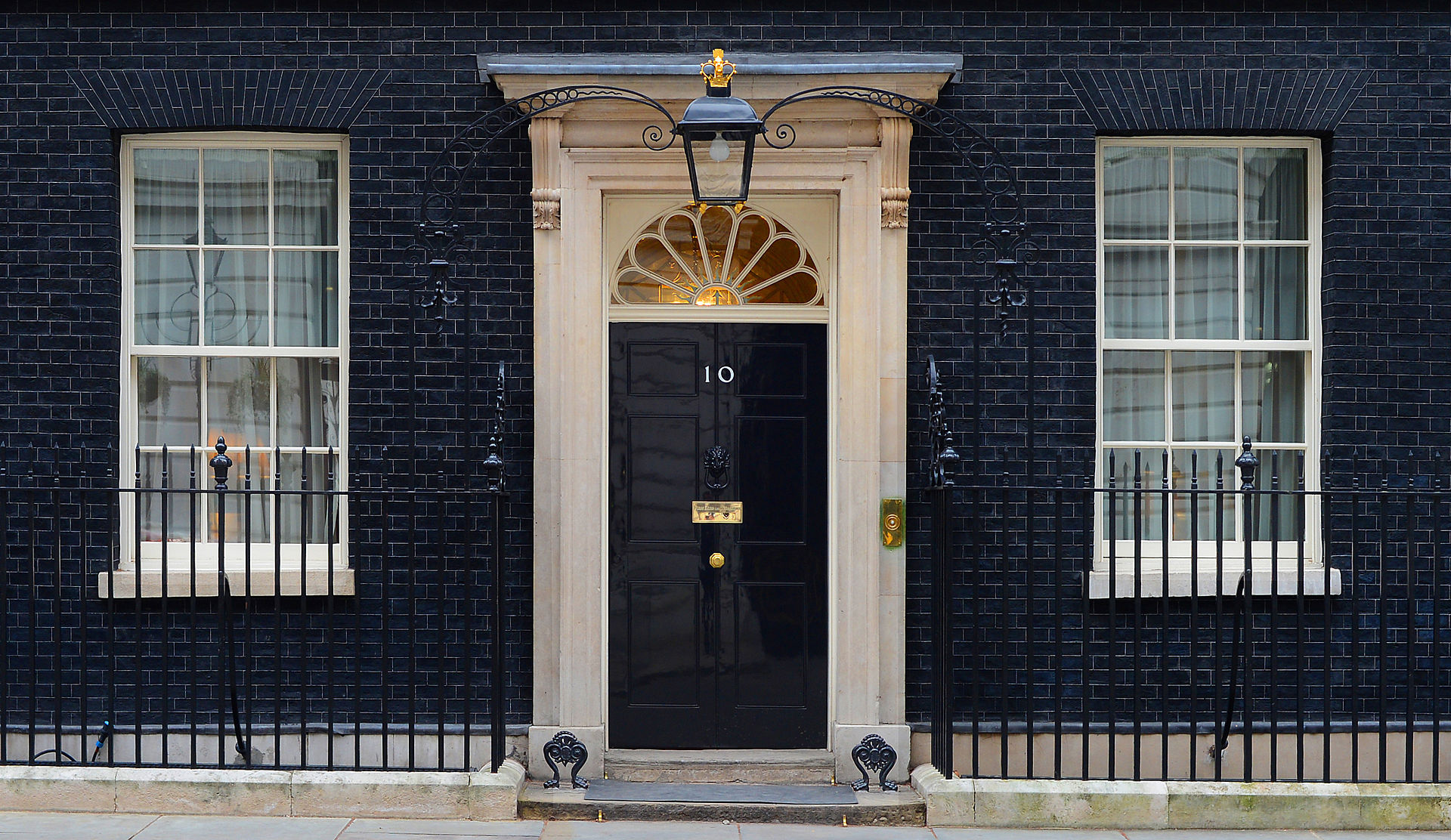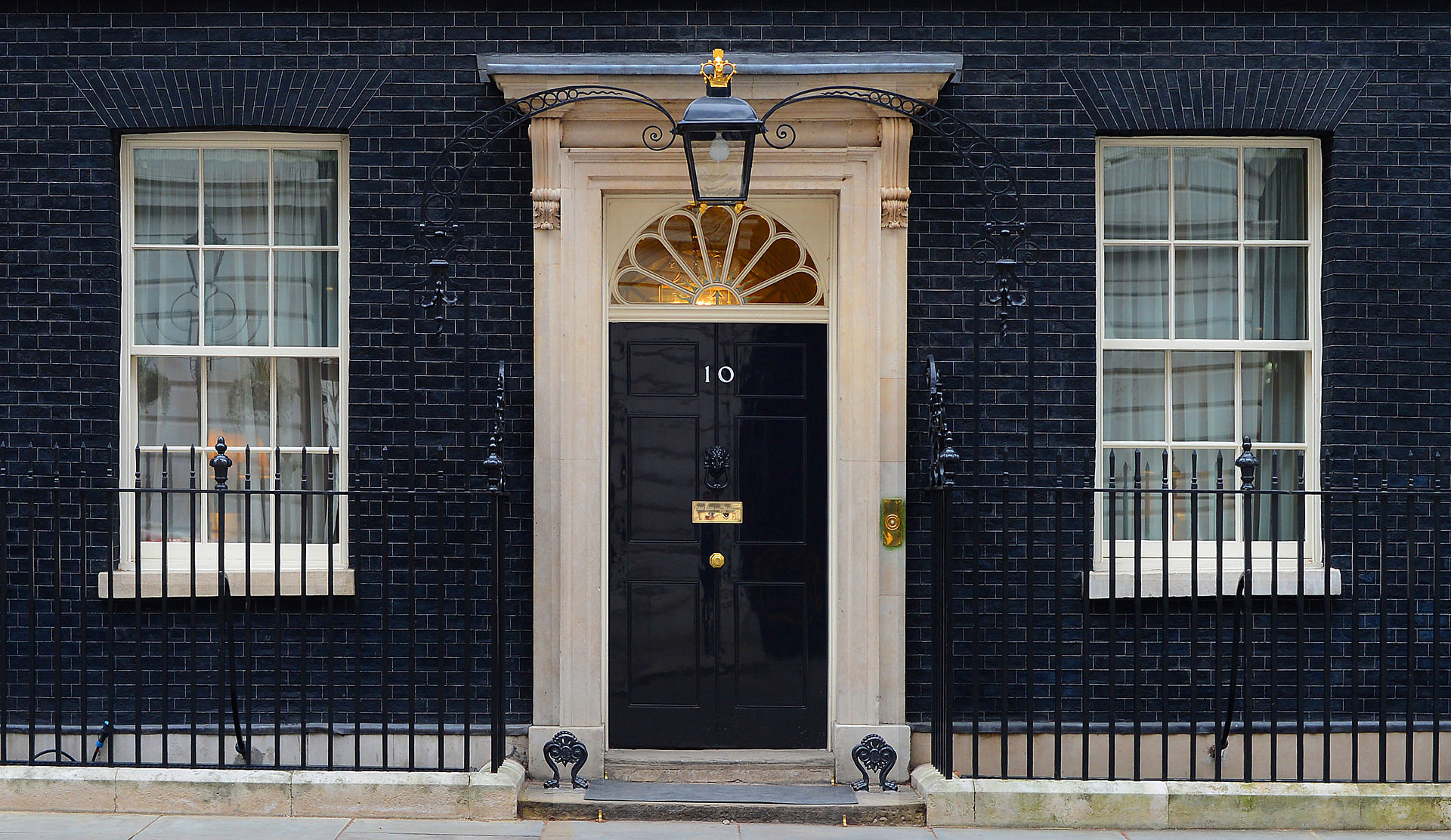Snooper's Charter could lead to Apple vs FBI-style case in UK
Electronic Frontier Foundation warns of backdoor provisions in IPB


The Electronic Frontier Foundation (EFF) has warned the Snooper's Charter contains three clauses that could compel companies to hack their own technology while preventing them from revealing to the public what is going on.
The campaign group's comments come in the midst of an ongoing court battle in the US between Apple and the FBI, where the law enforcement agency is trying to force the company to build custom code to bypass security measures on an iPhone.
The EFF, however, has warned that the Investigatory Powers Bill (IPB), as the Snooper's Charter is properly called, could be even more of a threat to privacy and security than what is being asked of Apple by the FBI.
In a blog post, EFF's international director Danny O'Brien claimed the IPB already contains clauses that could force tech companies to re-engineer their own technology, as the FBI is requesting of Apple, and that these would be accompanied by a gag order.
"If the law passes ... not only would Apple be expected to comply, but the IPB would insist that Tim Cook could not tell the public what was going on without breaking UK law," said O'Brien. "At least in the current fight between Apple and the US government, we're having the debate out loud and in public."
O'Brien has identified three parts of the Snooper's Charter that could allow what he has described at "unchecked hacking powers".
The first of these is the Technical Capability Notice, which O'Brien describes as "a secret order that the UK would be able to serve on a telecommunications operator ... to force it to 'remov[e] electronic protection applied ... to any communications or data [and] provide facilities or services of a specified description'."
Get the ITPro daily newsletter
Sign up today and you will receive a free copy of our Future Focus 2025 report - the leading guidance on AI, cybersecurity and other IT challenges as per 700+ senior executives
According to O'Brien, the wording of the bill is currently so broad that the term telecommunications operator "would include companies like Apple".
O'Brien also draws attention to the provision for the issuing of a National Security Notice, which he claims is "another secret instrument, even more vaguely drawn, that would require operators to 'carry out any conduct, including the provision of services of facilities,' which the British government 'considers necessary in the interests of national security'." Once again, this element includes a gag order.
His third and final point of contention is equipment interference orders, which he said "would allow the UK to break into private devices and insert new code for the purposes of surveillance or extracting data ... [including] a requirement (S.101) that any communications provider (again, this includes Apple) take any 'reasonably practicable' steps in effecting a hacking warrant".
Referencing the company's submission to the Draft Investigatory Powers Bill Committee, O'Brien said: "Apple saw in the IPB's provisions exactly what it now sees in the FBI's demands: the government asking it to undermine the trust of its own customers."
"The IPB needs to be taken back to the drawing board, and rewritten to limit these blanket powers - and to give companies and technologists a chance to speak up, and fight back," he concluded.

Jane McCallion is Managing Editor of ITPro and ChannelPro, specializing in data centers, enterprise IT infrastructure, and cybersecurity. Before becoming Managing Editor, she held the role of Deputy Editor and, prior to that, Features Editor, managing a pool of freelance and internal writers, while continuing to specialize in enterprise IT infrastructure, and business strategy.
Prior to joining ITPro, Jane was a freelance business journalist writing as both Jane McCallion and Jane Bordenave for titles such as European CEO, World Finance, and Business Excellence Magazine.
-
 Third time lucky? Microsoft finally begins roll-out of controversial Recall feature
Third time lucky? Microsoft finally begins roll-out of controversial Recall featureNews The Windows Recall feature has been plagued by setbacks and backlash from security professionals
By Emma Woollacott Published
-
 The UK government wants quantum technology out of the lab and in the hands of enterprises
The UK government wants quantum technology out of the lab and in the hands of enterprisesNews The UK government has unveiled plans to invest £121 million in quantum computing projects in an effort to drive real-world applications and adoption rates.
By Emma Woollacott Published
-
 How the Department for Education upskilled IT staff in Windows 10 migration
How the Department for Education upskilled IT staff in Windows 10 migrationCase Studies Mobility strategy has reduced waste and improved flexibility
By Joe Curtis Published
-
 Google outlaws ads from payday lenders
Google outlaws ads from payday lendersNews Search giant’s global crackdown angers online lenders
By Aaron Lee Published
-
 France to seek €1.6 billion from Google in back taxes
France to seek €1.6 billion from Google in back taxesNews The sum is ten times more than the £130m HMRC asked Google to pay
By Adam Shepherd Published
-
 WhatsApp will add encryption indicators so you know your chats are safe
WhatsApp will add encryption indicators so you know your chats are safeNews WhatsApp battles security fears as governments plan crackdown on messaging services
By Adam Shepherd Published
-
 Gov ends £5.5m XP custom support contract
Gov ends £5.5m XP custom support contractNews But the Met and NHS are still using XP, leaving them potentially exposed to hackers
By Joe Curtis Published
-
 Home Office tied into £330m Oracle ERP deal
Home Office tied into £330m Oracle ERP dealNews FoI reveals department is paying Oracle while sharing ERP services under Steria deal
By Joe Curtis Published
-
 UK demands EU drops right to be forgotten law
UK demands EU drops right to be forgotten lawNews The government has asked for the right to be forgotten law to be removed from new European Union data protection laws
By Clare Hopping Published
-
 Microsoft introduces Bing child abuse search pop-ups
Microsoft introduces Bing child abuse search pop-upsNews Updated: Software giant makes Bing the first search engine to launch anti-child abuse image system.
By Caroline Donnelly Published